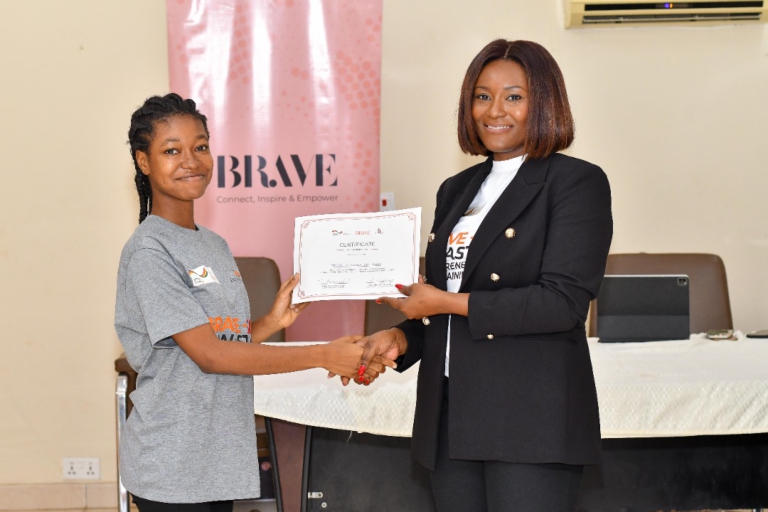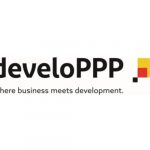Non-profit organisation – BRAVE in partnership with the German Development Agency Deutsche Gesellschaft für Internationale Zusammenarbeit (GIZ) Ghana has trained Ghanian youths on E-Waste and Entrepreneurship in Accra.
The series of events were partially hosted at the University of Ghana and the Ledzokuku-Krowor Municipal Assembly (LEKMA) headquarters, from November 28 to December 9, 2022.
On December 10 and December 19–23, respectively, there was an internship drive and hackathon that came after it.
A group of 50 women, aged 18 to 35, were trained on e-waste, including 25 from the municipality and another 25 from the University of Ghana. They were also taught entrepreneurship lessons.
E-Waste is becoming more prevalent in Ghana, which is largely due to population increase and the use of electronic equipment, according to BRAVE officials, who said that this is why they chose it as their area of focus.
They claim that these materials include dangerous elements that, if not handled appropriately, present risks to human health and the environment.
BRAVE Founder, Tracy Owusu Addo says“Together we will successfully implement an environmentally friendly waste electrical and electronic equipment system and draw a step closer to achieving #SDG3, #SDG6 and #SDG12.”
She added that “We’re looking to identify challenges within the E-Waste sector and build capacities for women at the University of Ghana and within the Ledzokuku Krowor community to create business cases in the space for prosperity and entrepreneurship development.”
The trainees were full of praise for the BRAVE and GIZ teams for putting this together. “The programme has helped me a lot. Initially, I was just going to attend casually but when I got here, I was blown away by the amount of knowledge and training on offer,” said one of the trainees.
Founded by Tracy Owusu Addo, BRAVE is an NGO and an opportunity hub – that seeks to connect, inspire and empower young Ghanaian women through education, entrepreneurship and health – with a strong focus on those from underserved/underprivileged communities.
It works in three key thematic areas; practical skills training, economic empowerment, health advocacy and support.










